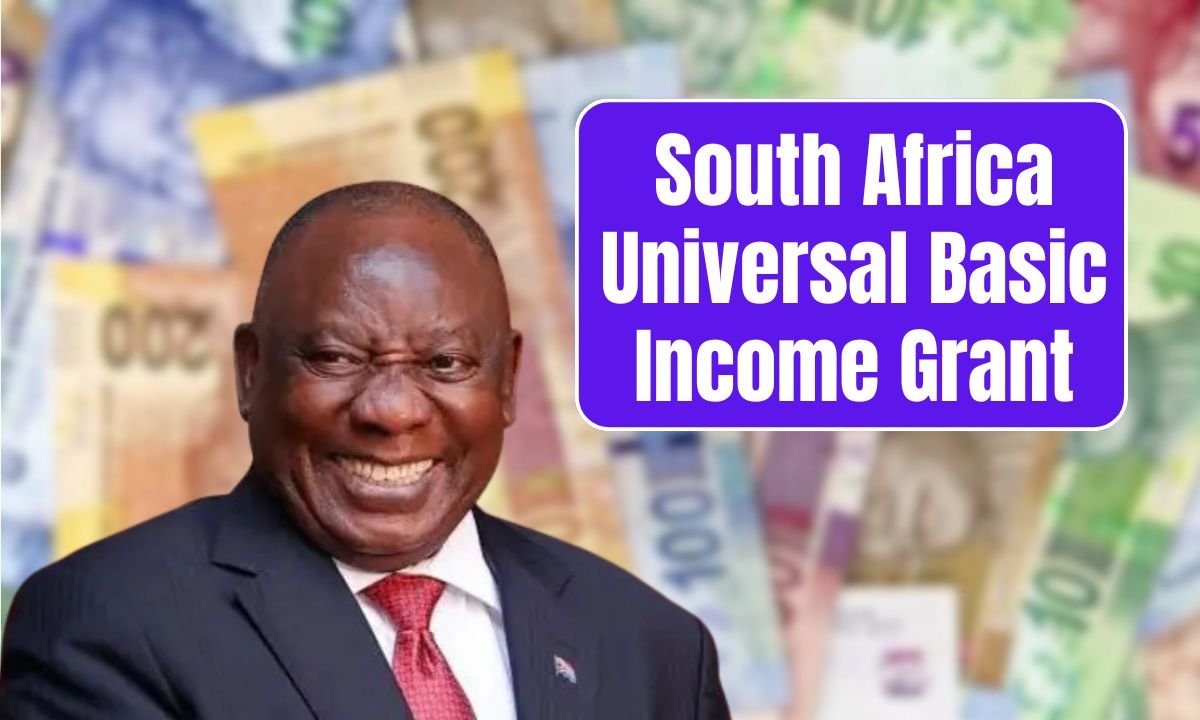The government underscored the termination of the Universal Basic Income Grant (UBIG) beginning with October 2025, while acknowledging the very idea had morphed from a broad relief measure at the outbreak of COVID-19 into a series of more specific support schemes. While UBIG will no longer make a standard release to holders, new programs for grants are stated to be rolled out in South Africa to meet chosen demands in the vulnerable population.
This shift does not just mean a trivial cut; it instead signals the transformation of the government from a universal aid model to an aid allocation model based on well-defined eligibility. Persons who formerly accepted UBIG support will have to ascertain whether they qualify for support under the new, stricter collective conditions.
Why Did it Come to an End?
It was a finishing touch put in place during the pandemic to provide a supporting mechanism for persons losing income or having no formal safety nets. Recipients used to receive some monthly payments by way of emergency relief.
Caught in a whirl of financial issues with time, the program faced big debt owed by the government, rising costs of maintaining the program, and concerns that exist regarding fraud-the doubts that included the duplicate payments and people who claimed knowingly to be ineligible. On the other hand, policymakers wanted to Motivate those people to try and seek employment or self-reliance, instead of having on universal grants.
What Support Breeds New UBIG?
To replace the UBIG program, the government has set in motion several targeted programs:
- Expanded SRD Grant: For the persons aged between 18-59, earning less than R624/month, unemployed or engaged in some form of informal work, continuous support of R370.
- Youth Employment Support Grant: R500 per month for the limited program period, for persons aged 18-35, with income lower than R1,200 per month, not employed, nor in education.
- Unemployed Worker Transitional Support: For persons aged 36-60 who lost jobs recently, those under the income of R1,000 per month — R450 payment.
- A Basic Income Support Voucher: For any person aged 18+, earning under R750 per month — a food voucher scheme worth R300 every two months.
The mechanisms aim to focus on targeted groups with specific support rather than a broad sweep of grants.
How Will Payouts & Verifications Work Differently?
With the new system, the payout mechanisms will change: cash may only be transferred to a bank or mobile wallet, thus removing reliance on the Post Office. Beneficiaries may be asked to verify their identities biometrically (fingerprint, ID scan) at the point of collection, while the payout days will probably be based on the last digits of the ID number of the beneficiary.
This gives the payout system an advantage in being secure, having reduced transactions from fraud, and being a more modern approach of payout.
What UBIG Recipients Need to Do Next
For anyone who used to receive UBIG, here is what should be done:
- Reapply under the new programs where you remain eligible.
- Make sure SASSA has updated information about your bank or other wallet; accuracy here is critical.
- Go-biometric verification (fingerprint, photo) if requested.
- Keep track of the status of your application on official platforms, especially srd.sassa.gov.za.
- Act before October — after UBIG is discontinued, those not signed under the new grants will find themselves without support.
No more universal grants-the system now requires evidence, verification, and conformity to much stringent regulations.
Also Read: SASSA Senior Pension Grant October 2025: Full Payment Dates Timetable Released
